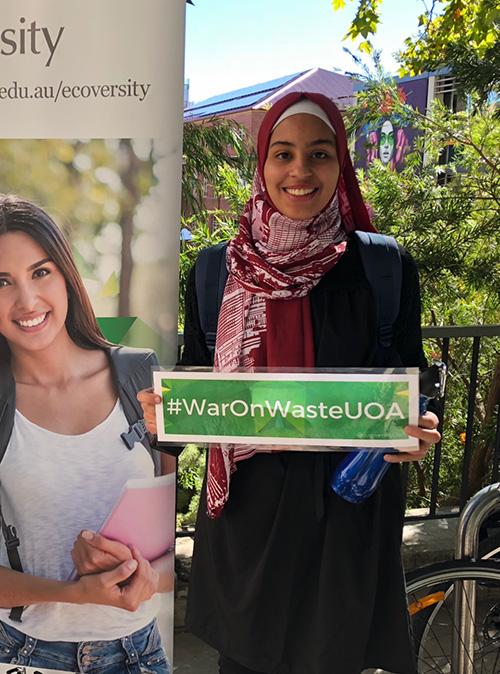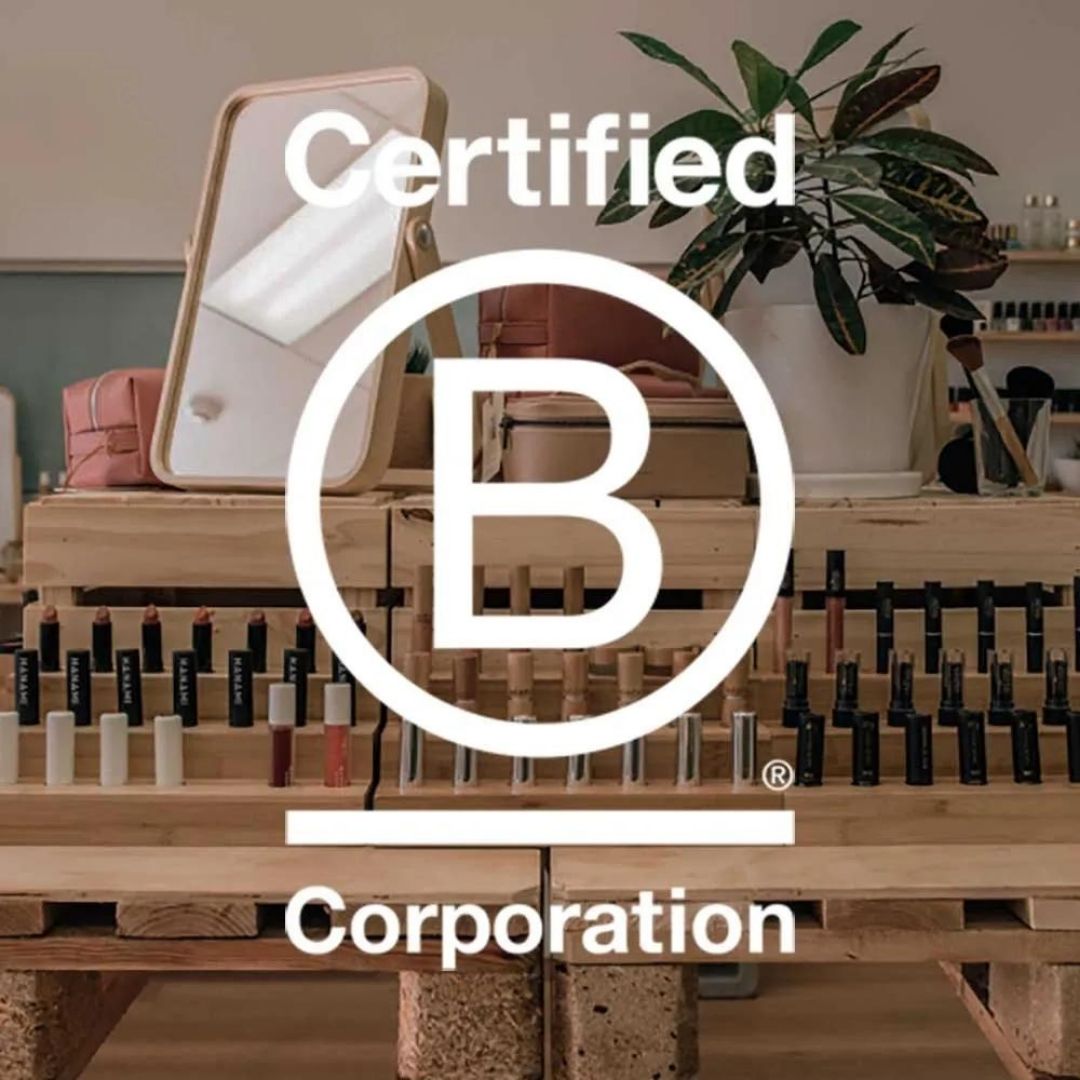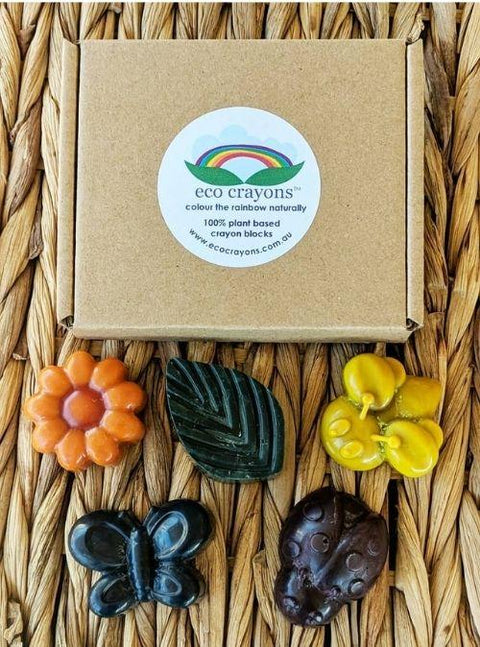As consumers, we’re slowly becoming aware of the greenwashing tactics that companies use to appear more ‘eco-friendly’. Below, we discuss some of the do’s and don’ts of navigating the world of retail as a conscious, sustainable consumer.
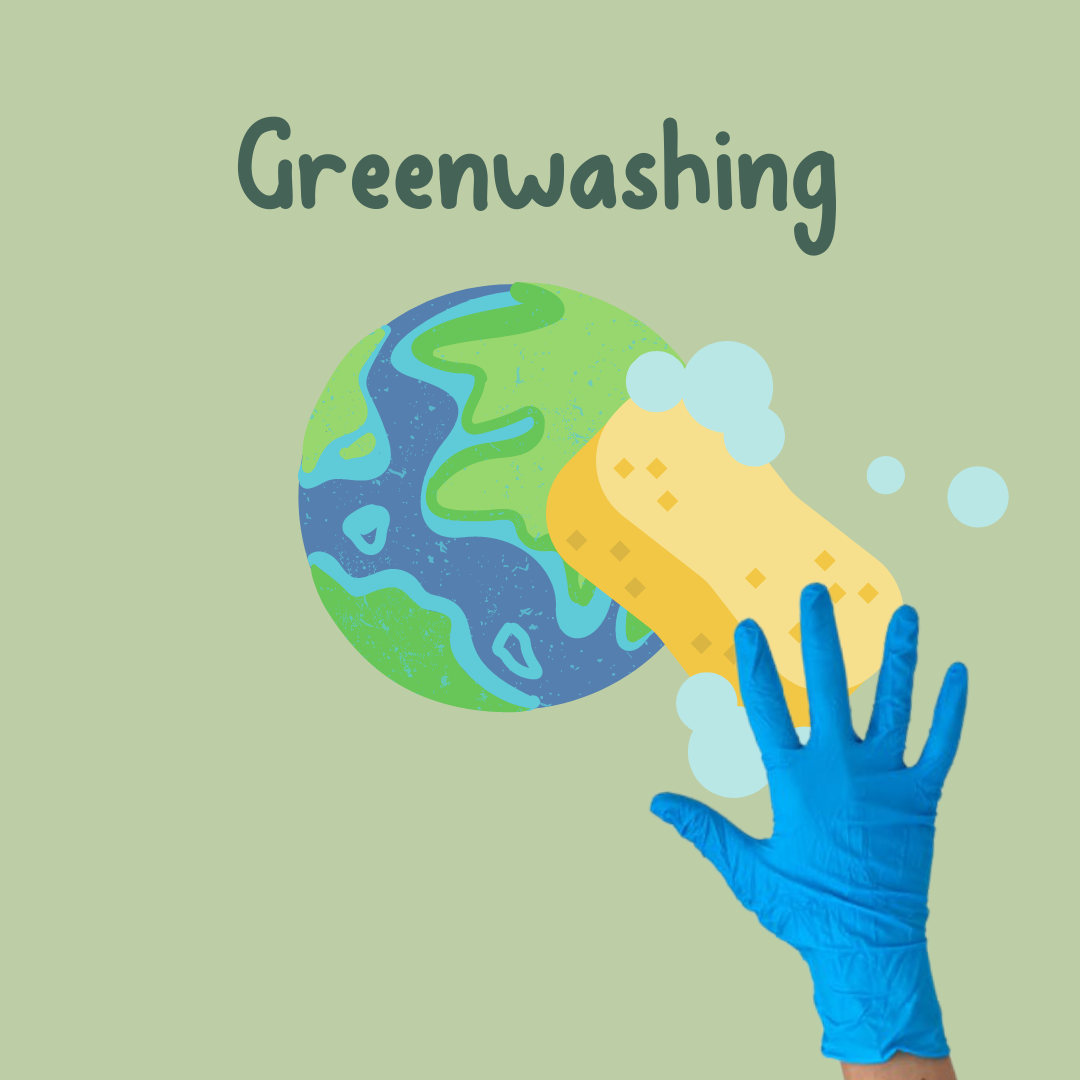

What Is Greenwashing?
Ever heard of companies ‘going green’? Many companies are choosing to align with the sustainability movement as it grows in popularity. While this appears to be a good thing, the dual issue here is that some companies use greenwashing solely as a marketing strategy, and “green” marketing claims are not regulated. This creates a perfect storm for companies to appear ‘green’ and ‘eco-friendly’ to consumers without actually changing their business practices.
Greenwashing may also occur when a large, established company creates a ‘sustainable’ line of products — for example, a toothpaste brand re-releasing the same toothpaste in a ‘recyclable’ tube, or a cleaning product that’s repackaged with the word ‘eco’ on the front. Greenwashing may look like progress, but in reality, it’s dangerous, misleading, and unethical.
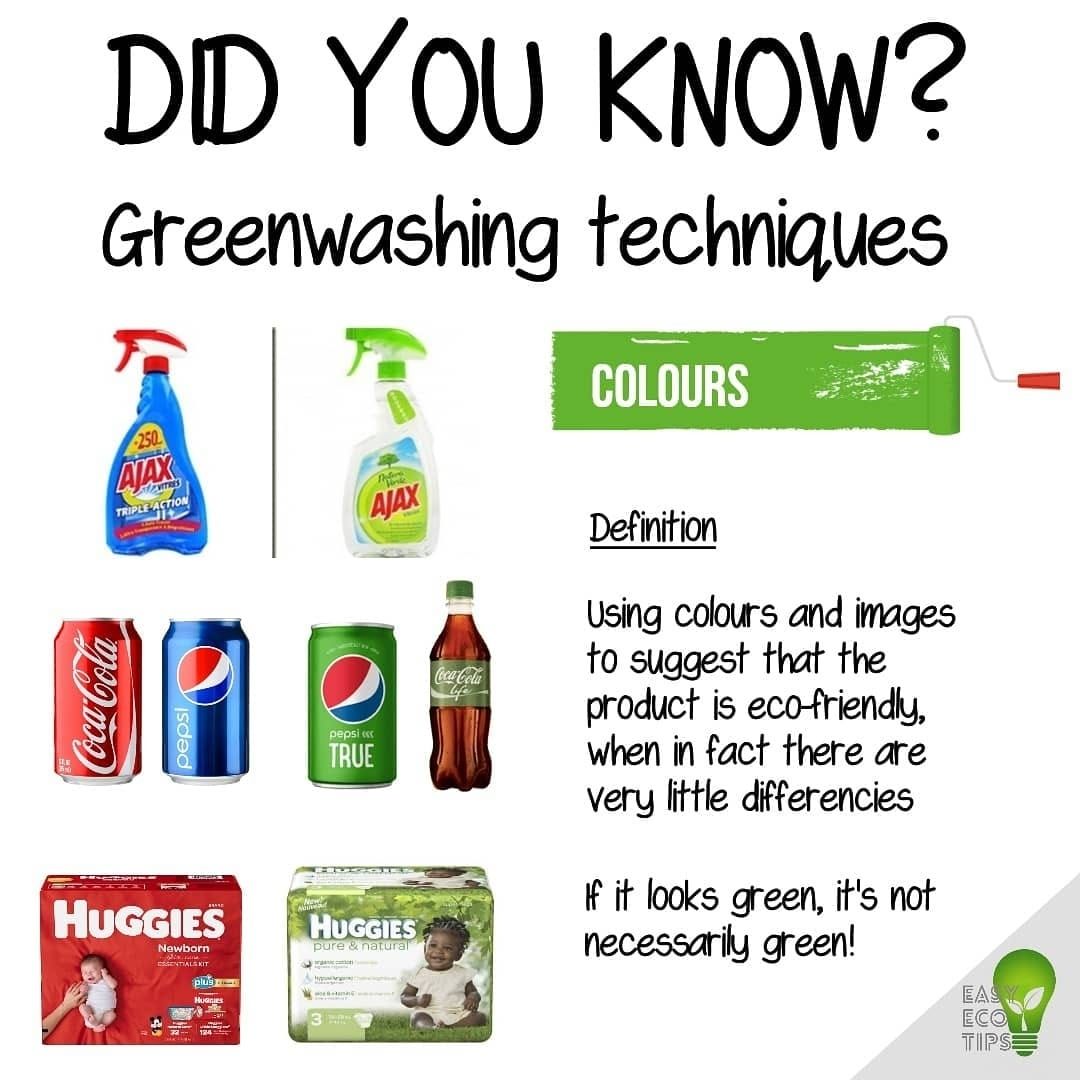

Photograph: Easy Eco Tips
DON’T: Be Fooled By ‘Eco’ Buzzwords, Imagery & Colours
We’ve all been there. You pick up a product and see words like ‘green’ and ‘eco-friendly’; there’s images of trees, and perhaps the packaging is green and brown. While this isn’t necessarily a red flag (or should we say green flag?), it’s helpful to take a closer look at what the company is trying to tell you through their design choices — whether it’s the phrases, imagery, and colours.
Common ‘green’ buzzwords include: eco, eco-friendly, all-natural, earth-friendly, non-toxic, plant-based, plant-derived, pure, raw, healthy, and organic. Imagery may include trees, plants, or even a minimalist look. Colours are typically green, beige, and brown to mimic the ‘recycled’ look. Without a closer into the company, its claims, and the product’s certifications — you may be a victim of greenwashing!
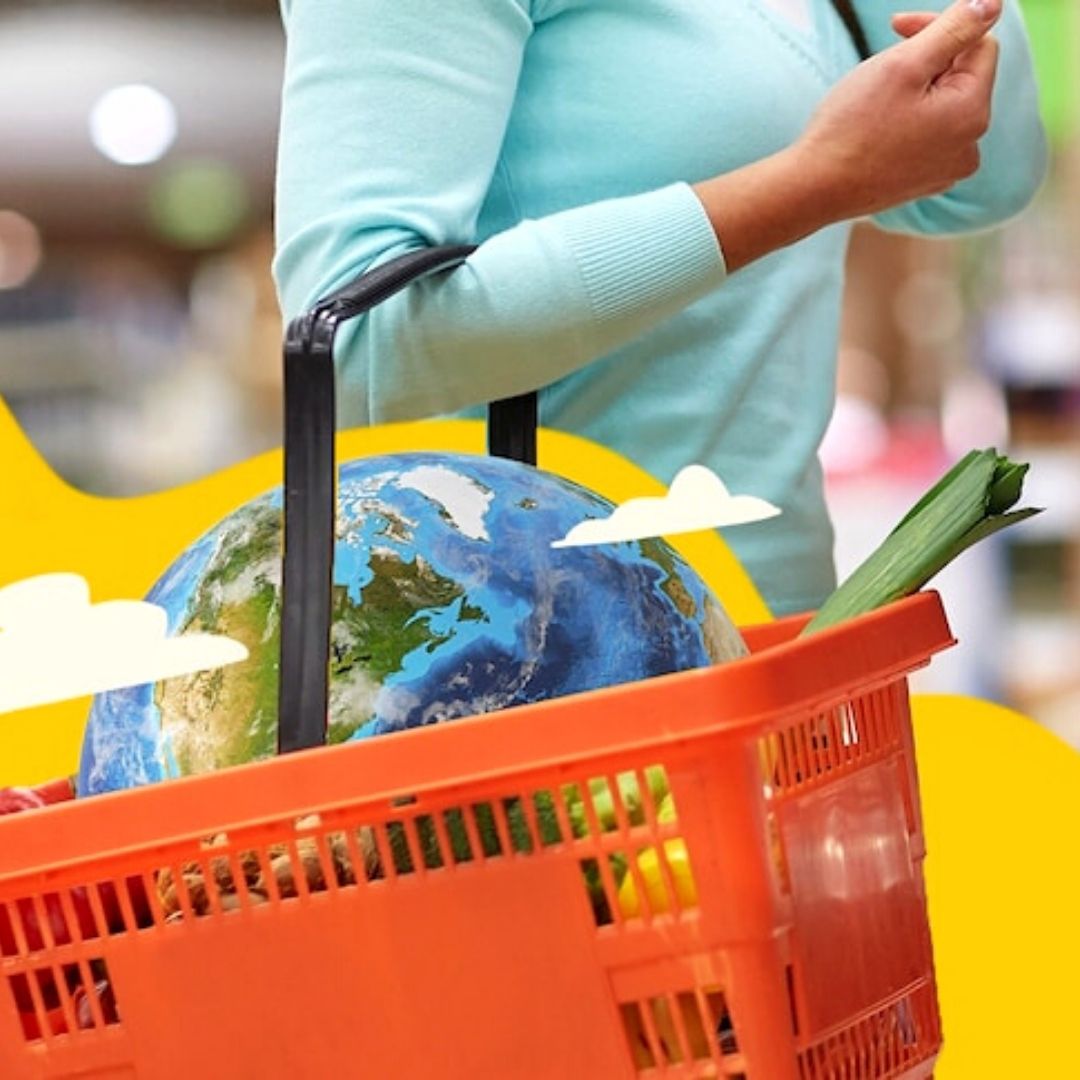

Photograph: ABC News
DON’T: Trust Bold, ‘Eco-Friendly’ Claims (Look For The Sneaky Asterix!)
Here’s the thing — we all want to feel better about our purchases. Whether it’s ziploc bags made from “recycled plastic”, a fast fashion company making a garment with “recycled” materials, or a nappy that claims to be “biodegradable”. However, it’s best to be cautious when you see companies making broad claims about their products.
A company that makes ziploc bags with 5% recycled plastic can still claim that the entire bag is made from recycled plastic. The garment might contain 10% recycled materials, with the rest consisting of synthetic materials that will shed into microplastics. The nappy might be only two-thirds “biodegradable”, and it could take years to degrade. None of us are expert detectives, but it’s important to take a look at the fine print.
DO: Look For Disposal Advice & Third-Party Certifications
Here at Flora & Fauna, we believe that companies should be responsible for the full life cycle of their product. That’s why on the page of every single item stocked at F&F, you’ll find instructions on how to properly dispose of that product. This helps to reduce unnecessary waste going to landfill.
We also have Our Recycling Program, where you can recycle your hard-to-recycle products like beauty packaging, bathroom products, blister packs, Dirt Laundry pouches, bread tags, silicone products that we sell, and hosiery.
Did you know that as a consumer on Flora & Fauna, you can view products in their categories based on their Certification? That’s right! You can browse through thousands of products and explore their features.
DO: Support Certified B Corporations!
Did you know that Flora & Fauna is a Certified B Corp? B Corp businesses solve social and environmental problems whilst balancing purpose and profit! Flora & Fauna was certified by the non-profit B Lab in 2017 and in 2021 to meet rigorous standards of social and environmental performance, accountability, and transparency.
Today, there are over 3,000 Certified B Corps around the globe and over 200 businesses are from Australia.
We also partner with initiatives, non-profits and businesses to do more good for you and the planet: Greenfleet Australia, 1% For The Planet, Take it Back, TerraCycle, Sea Shepherd Australia, Down Syndrome Australia, One Tree Planted, Port Macquarie Koala Hospital, Where Pigs Fly Farm Sanctuary, WIRES, and more!
Have you ever been a victim of greenwashing? Maybe you’ve picked up a product thinking that it’s “eco-friendly”, only to read the fine print and be shocked or disappointed. We’ve all been there! We hope these tips help you to make better purchasing decisions, especially when you’re lured in by “green” marketing tactics…
Check out our Zero Waste category for more tips and advice.
11 Ingredients You Won’t Find At F&F (And Why!)
